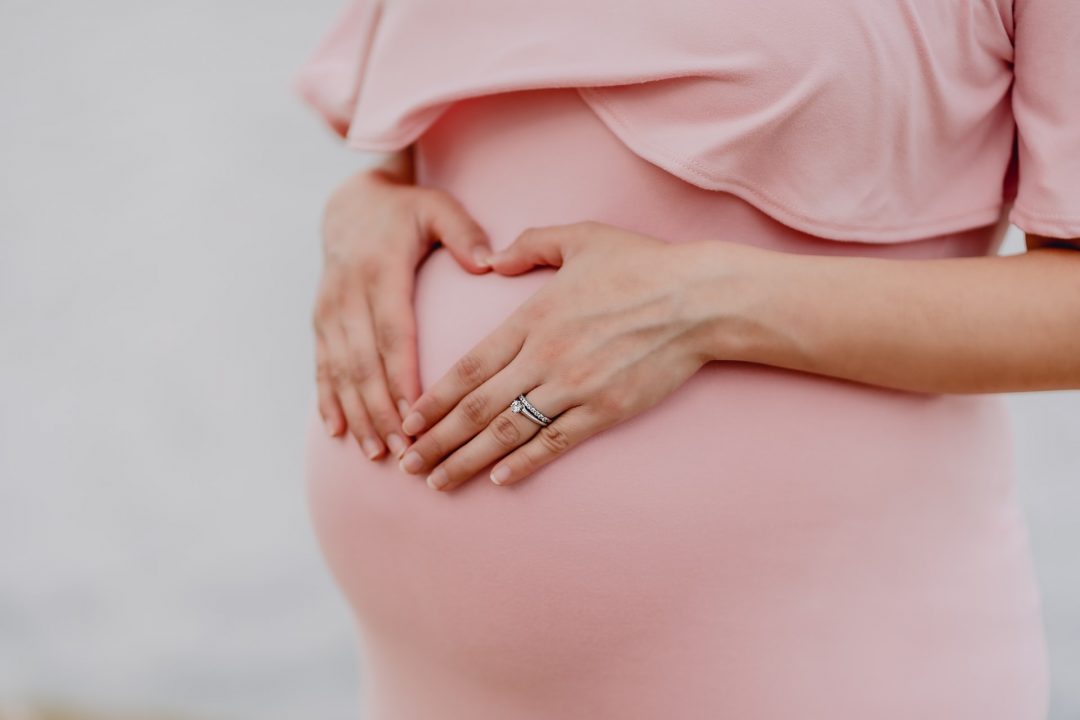Mental Health
How to Cope with Addiction Recovery While Pregnant

Last Updated on July 2, 2024 by Joshua Isibor
Pregnancy can bring different types of stress and changes in a woman’s life. If you are coping with addiction recovery as well, this type of stress can feel unmanageable. Certain lifestyle changes can help women who are coping with addiction recovery while pregnant.
It is widely acknowledged that consuming drugs or alcohol during pregnancy can cause harm to both the mother and the unborn baby. Some women even choose to avoid consuming common substances like caffeine and processed meats as they can pose some risk to the baby. Avoiding most drugs and alcohol is key to a healthy pregnancy.
For women with addictions, staying away from substances may be a major challenge. Fortunately, there are many rehab centers, addiction specialists, and other support that can help. If you’re concerned about covering the cost of addiction treatment while pregnant, several free and state-funded rehab centers are available in states across the U.S.
Coping With Addiction Recovery During Pregnancy
Finding alternate ways to cope with stress and pain in pregnancy can greatly reduce your risk of relapsing. Here are a few common methods of stress management that are considered safe for expectant mothers.
1.Support Groups
This is a time of incredible changes as mothers learn to prioritize the health of themselves and their babies. Find support groups with other women recovering from addiction while pregnant and lean on them as a source of strength and encouragement. Many drug rehab centers provide support groups for pregnant women in their inpatient and outpatient programs. As you attend group meetings or talk one-on-one with other pregnant women in recovery, share your fears, joys, and questions. You are not alone in this.
2.Yoga And Gentle Stretching
Both pregnancy and addiction are often accompanied by symptoms that can cause discomfort such as body aches and strained muscles. A gentle stretching routine, such as yoga, can help to relieve some of these aches and pains and is great for improving circulation in the body. Many women also find yoga to be a relaxing and stress-relieving activity that helps to manage symptoms of addiction.
3.Meditation
Going through pregnancy and preparing for a newborn can be overwhelming. With the added concern of managing addiction recovery, pregnancy can be a stressful period.
Meditation is a healthy and substance-free way to help to relieve some of that stress. Meditation is a practice and often needs to be attempted several times before the true benefits can be reaped. There are many guided meditation videos online that can help you get started.
4.Addiction Treatment
A professional addiction treatment program is the best way to prevent relapse during pregnancy. These types of programs can offer treatment that is catered to your needs and is provided by fully trained professionals who can provide a comprehensive approach to addiction recovery. It is estimated that participating in an addiction treatment program can cut your risk of relapse by 50% over those who did not utilize a recovery program.
Addiction treatment programs can also offer different types of support, like sponsorship or online resources, that can be essential during times of cravings or urges. Sponsors are often alumni of rehab programs that can understand what you are going through and can offer appropriate support when you need it the most.
5.Understand Triggers
Understanding the triggers that have led to a drug or alcohol relapse can help prevent one during pregnancy. With most relapses, there is often a trigger or a series of events that leads up to the relapse. This can be anything from a stressful day at work to a fight with your spouse. Identifying these triggers can help prepare you to stop a relapse before it has the chance to start.
6.Change Your Social Routines
If drugs or alcohol were a regular part of your social routine prior to pregnancy, it is important to create distance from that scene during pregnancy. It is much harder to avoid drugs and alcohol when they are easily accessible. Focus on other hobbies instead such as dancing, arts and crafts, or exercising.
What Happens If I Relapse While Pregnant?
While relapsing during pregnancy is a step back, it does not have to be a defining moment for the rest of the pregnancy. Just as a relapse for the average person doesn’t mean the end of their recovery, it is simply another obstacle to overcome.
- Be Open About Addiction And Drug Use In Pregnancy
Addiction is a serious disease that can be difficult to overcome alone, especially if you’re going through pregnancy as well. It is important to be open and honest with your healthcare provider if you are using drugs or going through addiction recovery during pregnancy.
Your doctor is specially trained to help you make the right decisions for the best possible outcome in your pregnancy. They are there to help support you and your unborn baby. Your doctor needs to know about any current or previous drug use when they see you for your prenatal care. From there, your doctor will work with you to help you throughout your pregnancy.
- Confide In A Friend About A Relapse
In addition to letting your doctor know about a drug relapse during pregnancy, it is also important you confide in someone you trust about what happened. This person can be your sponsor, a close friend, or even a therapist.
Confiding in others about relapse can help them offer you appropriate support when you need it the most. Things to include in your conversations with those you trust include:
- What situation or stressor caused you to relapse?
- How are you feeling currently?
- What types of cravings do you feel?
- What type of support do you need?
Seeking Professional Help For Addiction In Pregnancy
Your doctor may recommend you seek professional help for drug addiction during pregnancy. Addiction recovery programs for pregnant women can greatly increase your chances of staying sober for the duration of your pregnancy and beyond.
Different types of programs are available to suit your needs. Intensive inpatient programs are an around-the-clock option that provides constant support in a residential setting. Outpatient programs can help you keep your current work/life schedule in place while offering support in the form of regularly scheduled meetings and sponsors.
If you are coping with addiction as a pregnant woman, you don’t have to do it alone. Professional help is available and can help you get started on the path to recovery.
Author Bio:
Anna Ohler is a content writer with FreeRehabCenters.net, a resource that provides information on addiction treatment and recovery for individuals and families who are looking to start their recovery journey.
ALSO, READ 8 Reasons Why It Is Important To Look After Your Mental Health
Originally posted 2022-05-25 21:10:17.


-



 Text Messages5 months ago
Text Messages5 months agoBEST LOVE CONFESSION MESSAGES FOR HER OR HIM
-



 Sex Education3 months ago
Sex Education3 months ago10 Simple Hack to Make a Girl Send Her Nudes
-



 Text Messages5 months ago
Text Messages5 months agoHeart Touching RIP Uncle Quotes
-



 Text Messages5 months ago
Text Messages5 months agoBest Good Luck Wishes Before and After Surgery, for Family and Friends
-



 Text Messages6 months ago
Text Messages6 months agoFreaky and Dirty Paragraphs For Him Copy And Paste Yahoo
-



 Uncategorized3 months ago
Uncategorized3 months agoHOW TO FALL IN LOVE WITH YOURSELF
-



 Uncategorized4 months ago
Uncategorized4 months agoHOW TO KISS A BOY FOR THE FIRST TIME
-



 Health5 months ago
Health5 months ago5 Unknown Ways To Maintain Skin Health